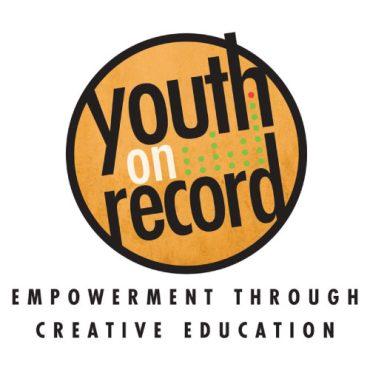When it comes to recycling, you might imagine that Boulder County would lead the charge in the state, but in reality, we are barely scraping the national average — with most cities in Boulder County falling below that 34% diversion benchmark.
A recent report compiled by Boulder based Eco-Cycle and the Colorado Public Interest Research Group (CoPIRG), details what we are doing right and where we fall short.
-
 play_arrow
play_arrow
Coloradoans Fall Short of Recycling Goals KGNU News
Lafayette resident Holly Abbot wanders around outside Sprouts Farmers Market with a soda can in her hand. She’s looking for a recycling bin.
“I purchased it inside Sprouts and I finished my lunch and looked for a recycling bin and there’s nothing. I came outside and looked. There’s nothing. I went back inside and asked, and they said they don’t have one. That’s crazy!”
As it turns out, most businesses in Boulder county don’t have to provide any kind of recycling receptacle. Inside the city limits, however, the law is different. “The city of Boulder approved a universal zero waste ordinance in the summer of 2015,” says Harlin Savage, Communication Director with EcoCycle, a Boulder-based recycling company. “That means everywhere you go in the city – the gym, to work, on Pearl Street, all those places, you should have access to recycling and composting.”
And yet, even with all the opportunities to recycle and compost, Boulder city residents only divert 40% of their trash, which is better than the national average by a few percentage points and far better than the state as a whole.
A recent, in-depth study conducted by CoPIRG and EcoCycle reveals that Coloradoans are among the worst offenders when it comes to recycling and composting, diverting a mere 12% of our garbage. The national average is 34% diversion.
If we separated our compost, it would free up half of our garbage bins; the study reports that 50% of what ends up in the garbage is compost. The challenge of getting all that organic material out of the trash, according to EcoCycle, is three-fold:
- Providing compost bins to residences and businesses. Only 7 front range cities offer curbside compost collection.
- Compelling people to compost. 60% of the waste produced in Colorado comes from apartments and businesses where composting services are not mandated.
- Educating people what they can and should not throw in the trash. It’s not an intuitive process.
Bernice Casey of Lafayette says she tosses out more than she probably should because she doesn’t want to corrupt the recycling. “I don’t want to put it in the trash because it’s not 100% clear to me what should be recycled. I’m constantly looking at my sheet at home, and even then, I don’t find all the answers.”
Savage understand the frustration. “I’ve even had friends who are environmentalists who ask, ‘why do I have to do this every week? Is my one bottle going to even make a difference?’ And I tell them yes, it is.” If everyone in the country recycled just one plastic bottle, the waste could be turned into 6.5 million fleece jackets – about one for every person in the states of Colorado and Wyoming.
KGNU is covering zero waste issues throughout the year in partnership with Eco-Cycle, thanks to a grant from Boulder County.
-
 play_arrow
play_arrow
Coloradoans Fall Short of Recycling Goals KGNU News
Podcast: Play in new window | Download


















